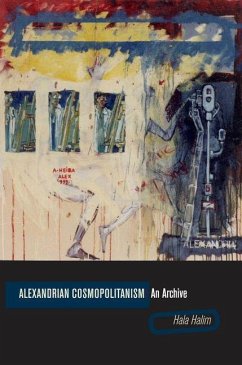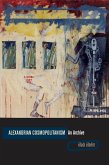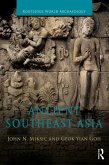Interrogating how Alexandria became enshrined as the exemplary cosmopolitan space in the Middle East, this book mounts a radical critique of Eurocentric conceptions of cosmopolitanism. The dominant account of Alexandrian cosmopolitanism elevates things European in the cityGCOs culture and simultaneously places things Egyptian under the sign of decline. The book goes beyond this civilization/barbarism binary to trace other modes of intercultural solidarity.Halim presents a comparative study of literary representations, addressing poetry, fiction, guidebooks, and operettas, among other genres. She reappraises three writersGC. P. Cavafy, E. M. Forster, and Lawrence DurrellGwho she maintains have been cast as the canon of Alexandria. Attending to issues of genre, gender, ethnicity, and class, she refutes the view that these writersG representations are largely congruent and uncovers a variety of positions ranging from Orientalist to anticolonial. The book then turns to Bernard de Zogheb, a virtually unpublished writer, and elicits his camp parodies of elite Levantine mores in operettas, one of which centers on Cavafy. Drawing on Arabic critical and historical texts, as well as contemporary writersG and filmmakersG engagement with the canonical triumvirate, Halim orchestrates an Egyptian dialogue with theEuropean representations.
Dieser Download kann aus rechtlichen Gründen nur mit Rechnungsadresse in A, B, BG, CY, CZ, D, DK, EW, E, FIN, F, GR, HR, H, IRL, I, LT, L, LR, M, NL, PL, P, R, S, SLO, SK ausgeliefert werden.









